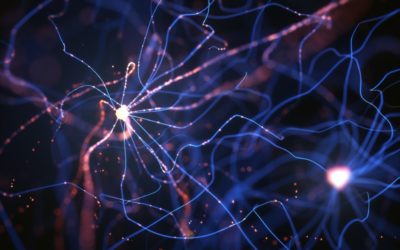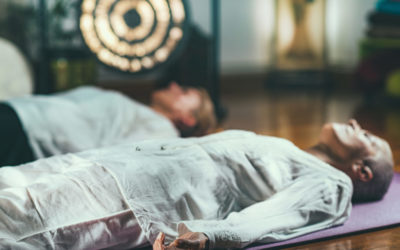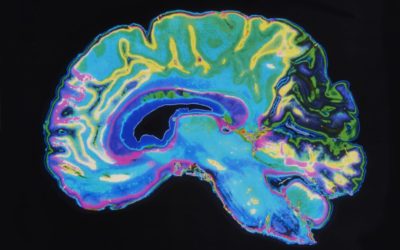Quick Hits
Daily brief research updates from the cognitive sciences

I regularly write on which activities reduce risks of cognitive decline (just last week I reported on how your job can protect your mental abilites with age and also doing household chores).
Different studies, obviously, focus on different aspects of this, at different ages, and with different conditions. This particular study just released was a meta-analysis (a review of multiple studies) of which leisure activities related to dementia.
We probably all know that good lifestyle choices such as good nutrition and exercise keep us physically and mentally healthy, but this study reviewed studies looking at general leisure activities which may include crafts, reading, writing, playing games, playing musical instruments as well as physical activities and social activities (which have larger bodies of research supporting their positive effects).
Su et al., for the American Neurological Association, reviewed included a total of over 2 million people! That’s pretty darn substantial. Within the time of these 38 studies reviewed, 74’700 people developed dementia.
And which activities correlated best with lowest rates of dementia?
Well, they put these into three groups as alluded to above. Mental activities, physical activities, and social activities. Obviously, some of these overlap.
What they found was surprising, or unsurprising, namely that those who engaged with mental activities most in their leisure time showed the lowest risk of developing dementia (23%). This is similar to my review of work, and cognitive reserve. Or simply a case of use it or lose it. But all activities showed a decreased risk with physical activity next most effective (17%) followed by social activities (7%).
Ideally, we would do all three, or something that activates all three. But it does show that we should keep our brain engaged to preserve it from decline.
Luckily for me writing these Quick Hits should be a good way to do that!

Andy Habermacher
Andy is author of leading brains Review, Neuroleadership, and multiple other books. He has been intensively involved in writing and research into neuroleadership and is considered one of Europe’s leading experts. He is also a well-known public speaker, speaking on the brain and human behaviour.
Andy is also a masters athlete (middle distance running) and competes regularly at international competitions (and holds a few national records in his age category).
Reference
Sizhen Su, Le Shi, Yongbo Zheng, Yankun Sun, Xiaolin Huang, Anyi Zhang, Jianyu Que, Xinyu Sun, Jie Shi, Yanping Bao, Jiahui Deng, Lin Lu.
Leisure Activities and the Risk of Dementia: A Systematic Review and Meta-Analysis.
Neurology, 2022; 10.1212/WNL.0000000000200929
DOI: 10.1212/WNL.0000000000200929
More Quick Hits
Why Too Much Talent May Harm Performance
This may sound like a strange thing to say – but talent and team coordination are different things…
How Nutrition Can Increase Motivation – In the Brain
Fascinating study on how antioxidants (and therefore also nutrition) in the brain can increase motivation…
Mindfulness Intervention as Effective as Drugs in Anxiety Disorders
An important study showing how mindfulness is as effective as medication – without the side effects…
New Insights into How the Teenage Brain Develops
Teenagers’ brains go through substantial changes – and now we know more of some of these…
Screen Time Boosts Wellbeing in Teenagers!
Screen time is considered a modern technological evil – maybe not so for teenagers…
Taking Photographs of Slides Improves Memory of Presentations
Taking pictures has been shown to reduce memory – but this study shows the opposite…






